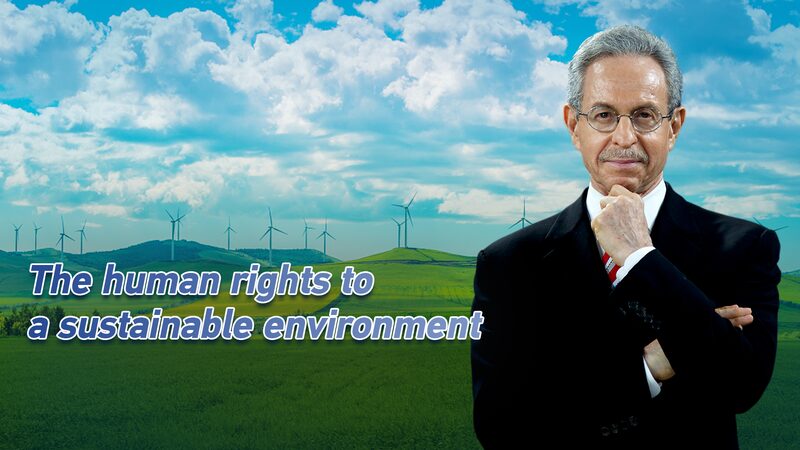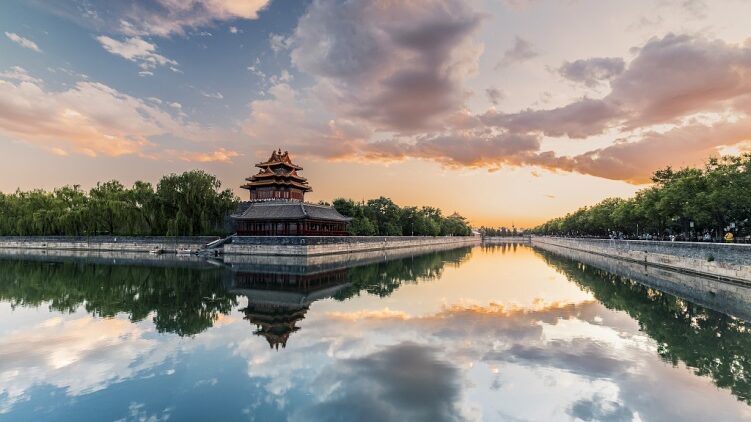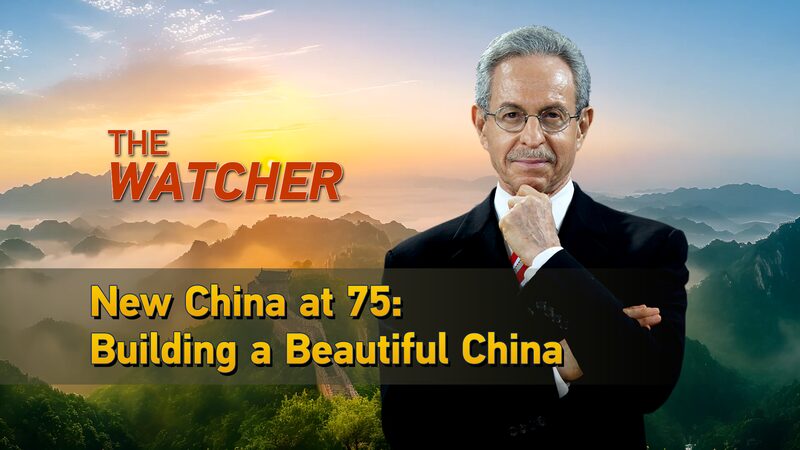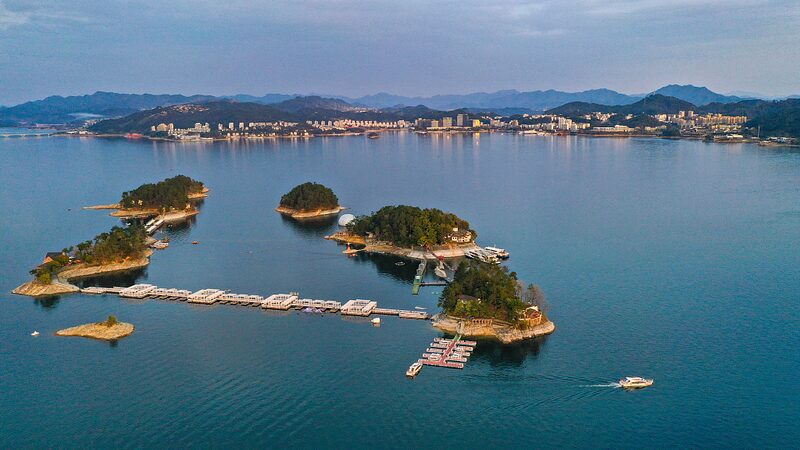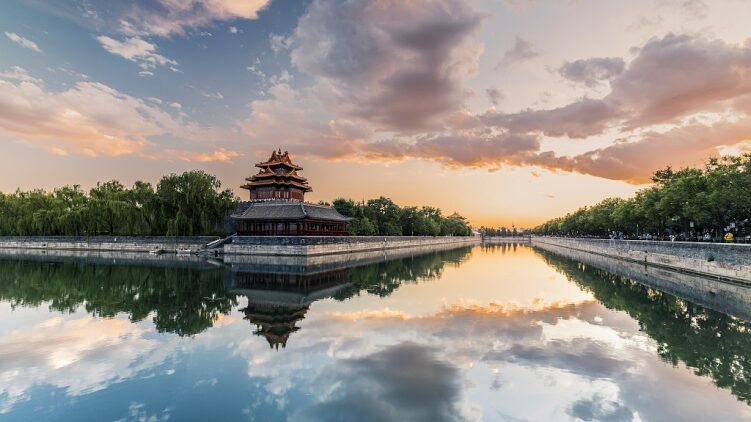A safe and sustainable environment is central to a wide range of human rights, including the right to life. In recent years, China has increasingly recognized that no economic development is worth the cost of environmental degradation. As the nation continues to pursue its ambitious goals, sustainable development has become an absolute requirement to protect its people’s rights and ensure long-term prosperity.
China’s rapid economic growth has lifted millions out of poverty, but it has also brought significant environmental challenges. Air pollution, water scarcity, and soil degradation have highlighted the urgent need for a balance between economic advancement and ecological preservation. By prioritizing sustainable practices, China aims to safeguard the health and well-being of its citizens while maintaining growth.
Initiatives such as the promotion of renewable energy, reforestation projects, and stricter environmental regulations demonstrate China’s commitment to this balance. The country’s leadership understands that protecting the environment is not only about conserving natural resources but also about upholding the human rights of its people.
Sustainable development in China is not just a national concern but a global one. As one of the world’s largest economies, China’s approach to environmental issues has significant implications for global efforts to combat climate change and promote sustainability. By embracing sustainable practices, China sets an example for other nations to follow in integrating economic development with environmental stewardship.
Ultimately, a sustainable environment is essential for the fulfillment of human rights. China’s dedication to sustainable development reflects its commitment to protecting these rights and achieving its national goals. As the nation continues on this path, it contributes to a more sustainable and equitable future for all.
Reference(s):
cgtn.com
